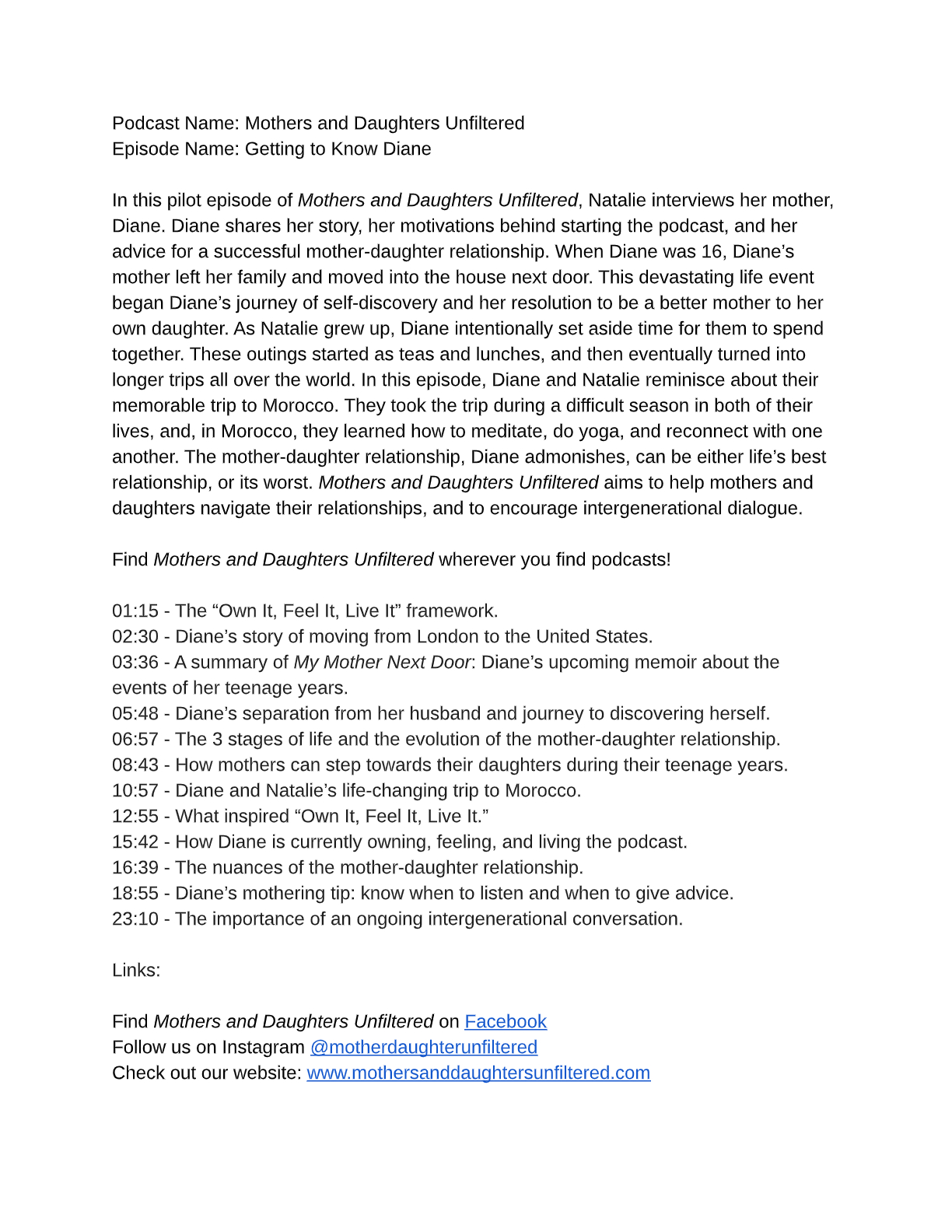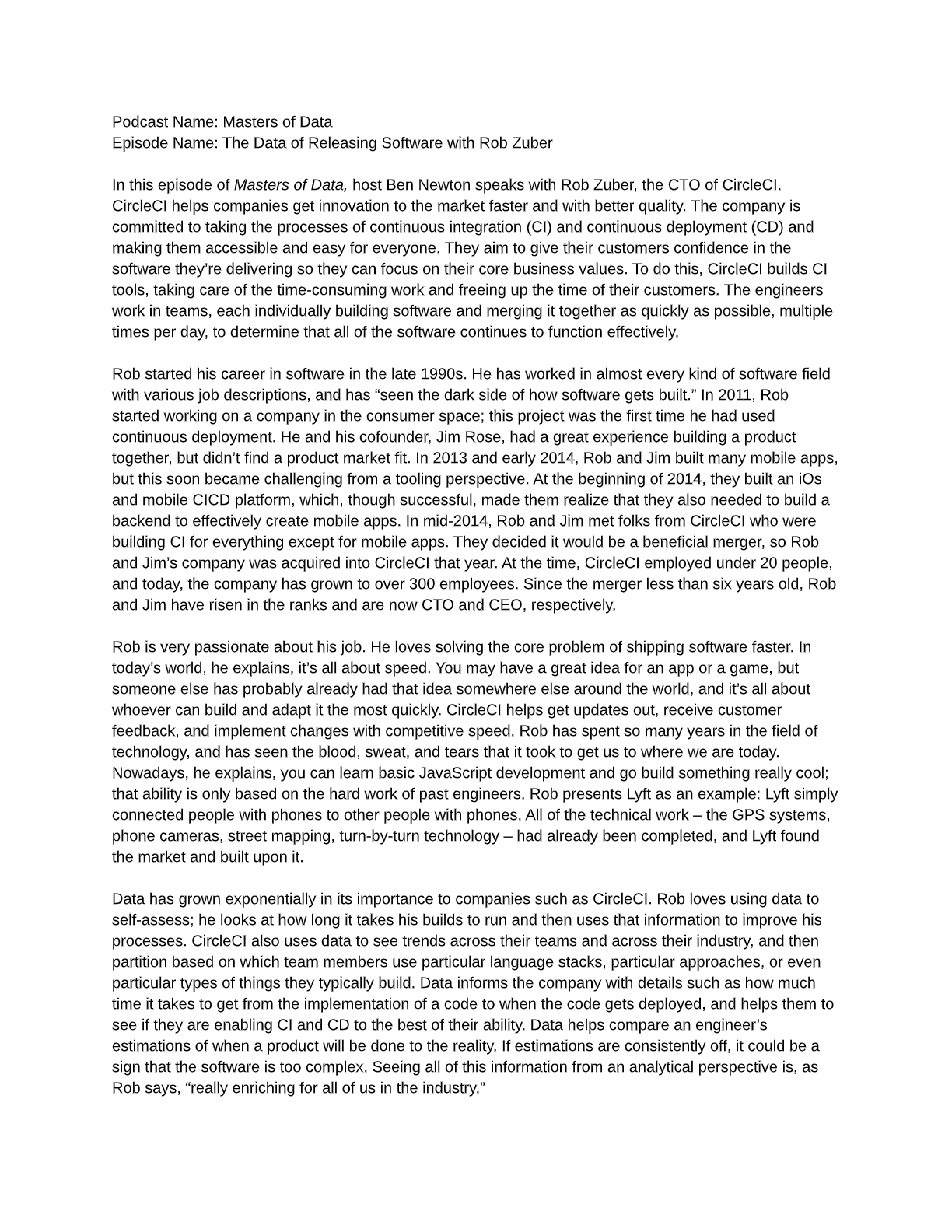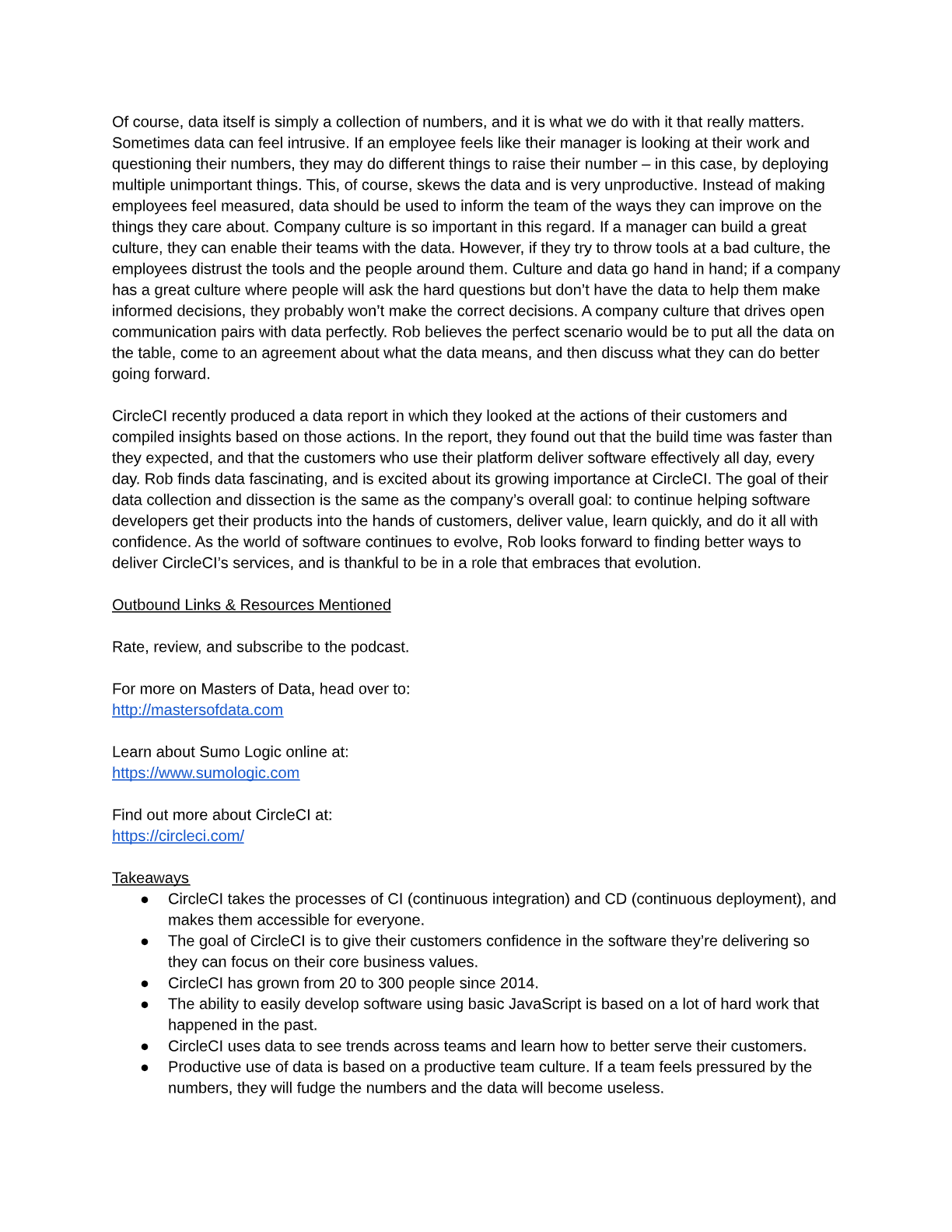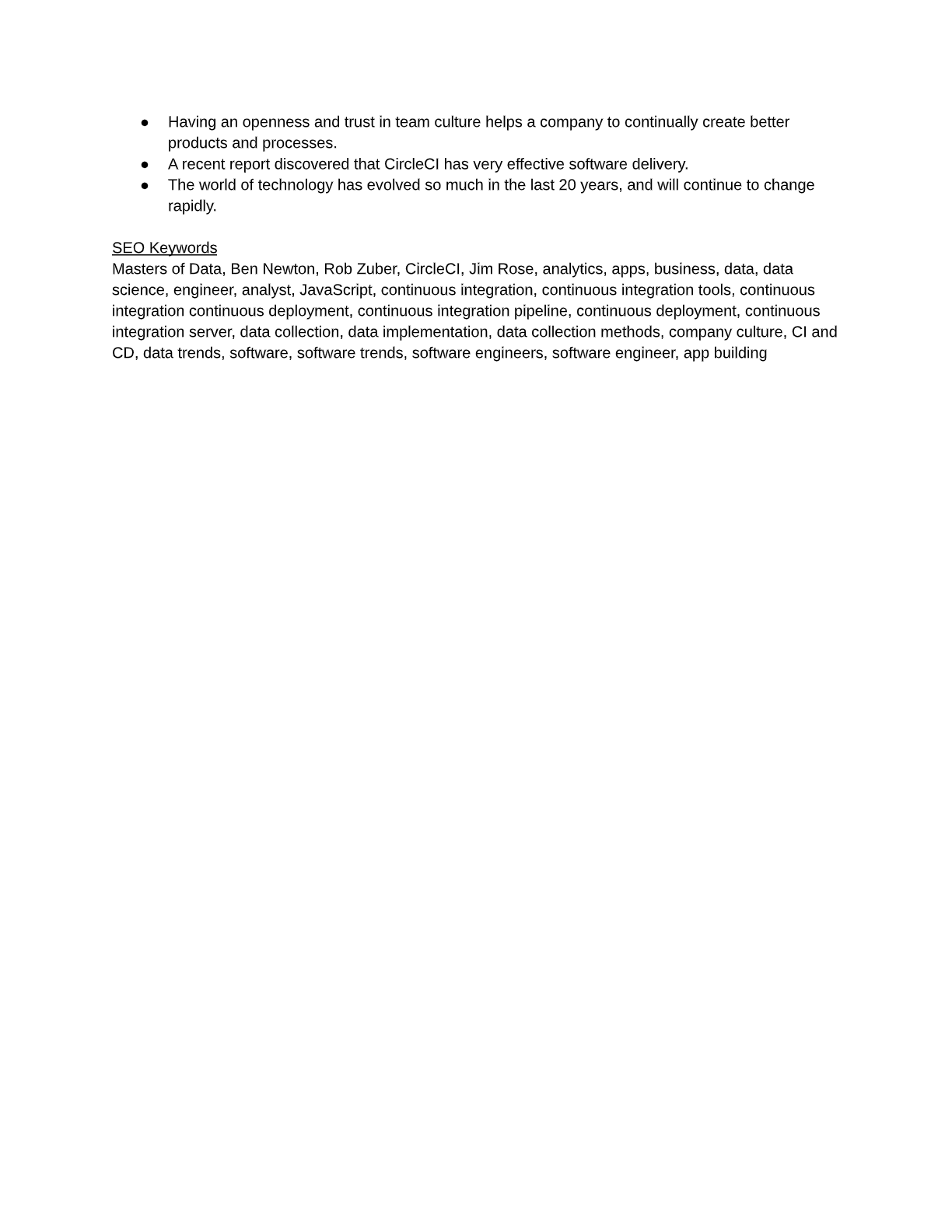Plan, upload, create, & share
Get all of the marketing assets you need to promote your podcast. We offer show notes, transcriptions, audiograms, and social cards. Our creative team will give you everything you need to promote your podcast effectively on your website, social media, and all other platforms.

Marketing services include
Podcasters are always looking for additional ways to engage their audience outside of the podcast. Show notes are an incredibly effective way of offering your listeners additional content that they will find real value in and set your podcast apart from the rest. Our Basic Show Notes are a simplified SEO-rich summary of your episode’s content with relevant outbound links for you and your guests. Our show notes can be customized based on your specific needs and preferences.
Podcasters and brands who are intending to step up their engagement are often looking to offer more than just the status quo. Our Advanced Show Notes provide a more comprehensive SEO-rich summary of your episode’s content, a time-stamped list of key takeaways, relevant outbound links for you and your guest and a compilation of SEO-targeted keywords. Talk to a Resonate team member to identify the best format for your show notes and review how to use them for maximum impact.
Transcriptions make your podcast accessible to people with hearing impairment and serve your listeners. A transcription of your episodes offers you an SEO-driven word-by-word recap of your podcast’s content in a readable format. Transcripts let your listeners skim an episode to see if they want to listen, make it easy to find quotes and key facts from the conversation, and also serve the hearing impaired community.
Features:
Ready to market your podcast?
With the masses taking to social media sites like Instagram, Twitter and Facebook on a daily basis, it is imperative that your podcast has an online and social presence if you are looking to have optimal overall success and get your name in front of current and potential listeners. Our team of marketing and content experts can help you develop effective social content for your podcast by creating a visually captivating preview of each episode for your socials. An audiogram pairs a still image with a dynamic waveform and an audio clip from your podcast to create a highly-engaging video for promoting your podcast on social media.
With the masses taking to social media sites like Instagram, Twitter and Facebook on a daily basis, it is imperative that your podcast has an online and social presence if you are looking to have optimal overall success and get your name in front of current and potential listeners. Our team of marketing and content experts can help you develop effective social content for your podcast by creating a visually captivating preview of each episode for your socials. A social card is a key quote from your podcast episode that can be used to promote your podcast on social media.
Ready to market your podcast?

Podcast Name: Mothers and Daughters Unfiltered
Episode Name: Getting to Know Diane
In this pilot episode of Mothers and Daughters Unfiltered, Natalie interviews her mother, Diane. Diane shares her story, her motivations behind starting the podcast, and her advice for a successful mother-daughter relationship. When Diane was 16, Diane’s mother left her family and moved into the house next door. This devastating life event began Diane’s journey of self-discovery and her resolution to be a better mother to her own daughter. As Natalie grew up, Diane intentionally set aside time for them to spend together. These outings started as teas and lunches, and then eventually turned into longer trips all over the world. In this episode, Diane and Natalie reminisce about their memorable trip to Morocco. They took the trip during a difficult season in both of their lives, and, in Morocco, they learned how to meditate, do yoga, and reconnect with one another. The mother-daughter relationship, Diane admonishes, can be either life’s best relationship, or its worst. Mothers and Daughters Unfiltered aims to help mothers and daughters navigate their relationships, and to encourage intergenerational dialogue.
Find Mothers and Daughters Unfiltered wherever you find podcasts!
Key Takeaways
01:15 – The “Own It, Feel It, Live It” framework.
02:30 – Diane’s story of moving from London to the United States.
03:36 – A summary of My Mother Next Door: Diane’s upcoming memoir about the events of her teenage years.
05:48 – Diane’s separation from her husband and journey to discovering herself. 06:57 – The 3 stages of life and the evolution of the mother-daughter relationship. 08:43 – How mothers can step towards their daughters during their teenage years. 10:57 – Diane and Natalie’s life-changing trip to Morocco.
12:55 – What inspired “Own It, Feel It, Live It.”
15:42 – How Diane is currently owning, feeling, and living the podcast.
16:39 – The nuances of the mother-daughter relationship.
18:55 – Diane’s mothering tip: know when to listen and when to give advice.
23:10 – The importance of an ongoing intergenerational conversation.
Links:
Find Mothers and Daughters Unfiltered on Facebook
Follow us on Instagram @motherdaughterunfiltered
Check out our website: www.mothersanddaughtersunfiltered.com



Podcast Name: Masters of Data
Episode Name: The Data of Releasing Software with Rob Zuber
In this episode of Masters of Data, host Ben Newton speaks with Rob Zuber, the CTO of CircleCI. CircleCI helps companies get innovation to the market faster and with better quality. The company is committed to taking the processes of continuous integration (CI) and continuous deployment (CD) and making them accessible and easy for everyone. They aim to give their customers confidence in the software they’re delivering so they can focus on their core business values. To do this, CircleCI builds CI tools, taking care of the time-consuming work and freeing up the time of their customers. The engineers work in teams, each individually building software and merging it together as quickly as possible, multiple times per day, to determine that all of the software continues to function effectively.
Rob started his career in software in the late 1990s. He has worked in almost every kind of software field with various job descriptions, and has “seen the dark side of how software gets built.” In 2011, Rob started working on a company in the consumer space; this project was the first time he had used continuous deployment. He and his cofounder, Jim Rose, had a great experience building a product together, but didn’t find a product market fit. In 2013 and early 2014, Rob and Jim built many mobile apps, but this soon became challenging from a tooling perspective. At the beginning of 2014, they built an iOs and mobile CICD platform, which, though successful, made them realize that they also needed to build a backend to effectively create mobile apps. In mid-2014, Rob and Jim met folks from CircleCI who were building CI for everything except for mobile apps. They decided it would be a beneficial merger, so Rob and Jim’s company was acquired into CircleCI that year. At the time, CircleCI employed under 20 people, and today, the company has grown to over 300 employees. Since the merger less than six years old, Rob and Jim have risen in the ranks and are now CTO and CEO, respectively.
Rob is very passionate about his job. He loves solving the core problem of shipping software faster. In today’s world, he explains, it’s all about speed. You may have a great idea for an app or a game, but someone else has probably already had that idea somewhere else around the world, and it’s all about whoever can build and adapt it the most quickly. CircleCI helps get updates out, receive customer feedback, and implement changes with competitive speed. Rob has spent so many years in the field of technology, and has seen the blood, sweat, and tears that it took to get us to where we are today. Nowadays, he explains, you can learn basic JavaScript development and go build something really cool; that ability is only based on the hard work of past engineers. Rob presents Lyft as an example: Lyft simply connected people with phones to other people with phones. All of the technical work – the GPS systems, phone cameras, street mapping, turn-by-turn technology – had already been completed, and Lyft found the market and built upon it.
Data has grown exponentially in its importance to companies such as CircleCI. Rob loves using data to self-assess; he looks at how long it takes his builds to run and then uses that information to improve his processes. CircleCI also uses data to see trends across their teams and across their industry, and then partition based on which team members use particular language stacks, particular approaches, or even particular types of things they typically build. Data informs the company with details such as how much time it takes to get from the implementation of a code to when the code gets deployed, and helps them to see if they are enabling CI and CD to the best of their ability. Data helps compare an engineer’s estimations of when a product will be done to the reality. If estimations are consistently off, it could be a sign that the software is too complex. Seeing all of this information from an analytical perspective is, as Rob says, “really enriching for all of us in the industry.”
Of course, data itself is simply a collection of numbers, and it is what we do with it that really matters. Sometimes data can feel intrusive. If an employee feels like their manager is looking at their work and questioning their numbers, they may do different things to raise their number – in this case, by deploying multiple unimportant things. This, of course, skews the data and is very unproductive. Instead of making employees feel measured, data should be used to inform the team of the ways they can improve on the things they care about. Company culture is so important in this regard. If a manager can build a great culture, they can enable their teams with the data. However, if they try to throw tools at a bad culture, the employees distrust the tools and the people around them. Culture and data go hand in hand; if a company has a great culture where people will ask the hard questions but don’t have the data to help them make informed decisions, they probably won’t make the correct decisions. A company culture that drives open communication pairs with data perfectly. Rob believes the perfect scenario would be to put all the data on the table, come to an agreement about what the data means, and then discuss what they can do better going forward.
CircleCI recently produced a data report in which they looked at the actions of their customers and compiled insights based on those actions. In the report, they found out that the build time was faster than they expected, and that the customers who use their platform deliver software effectively all day, every day. Rob finds data fascinating, and is excited about its growing importance at CircleCI. The goal of their data collection and dissection is the same as the company’s overall goal: to continue helping software developers get their products into the hands of customers, deliver value, learn quickly, and do it all with confidence. As the world of software continues to evolve, Rob looks forward to finding better ways to deliver CircleCI’s services, and is thankful to be in a role that embraces that evolution.
Outbound Links & Resources Mentioned
Rate, review, and subscribe to the podcast.
For more on Masters of Data, head over to:
http://mastersofdata.com
Learn about Sumo Logic online at:
https://www.sumologic.com
Find out more about CircleCI at:
https://circleci.com/
Takeaways
CircleCI takes the processes of CI (continuous integration) and CD (continuous deployment), and
makes them accessible for everyone.
The goal of CircleCI is to give their customers confidence in the software they’re delivering so
they can focus on their core business values.
CircleCI has grown from 20 to 300 people since 2014.
The ability to easily develop software using basic JavaScript is based on a lot of hard work that
happened in the past.
CircleCI uses data to see trends across teams and learn how to better serve their customers.
Productive use of data is based on a productive team culture. If a team feels pressured by the
numbers, they will fudge the numbers and the data will become useless.
Having an openness and trust in team culture helps a company to continually create better products and processes.
A recent report discovered that CircleCI has very effective software delivery.
The world of technology has evolved so much in the last 20 years, and will continue to change
rapidly.
SEO Keywords
Masters of Data, Ben Newton, Rob Zuber, CircleCI, Jim Rose, analytics, apps, business, data, data science, engineer, analyst, JavaScript, continuous integration, continuous integration tools, continuous integration continuous deployment, continuous integration pipeline, continuous deployment, continuous integration server, data collection, data implementation, data collection methods, company culture, CI and CD, data trends, software, software trends, software engineers, software engineer, app building